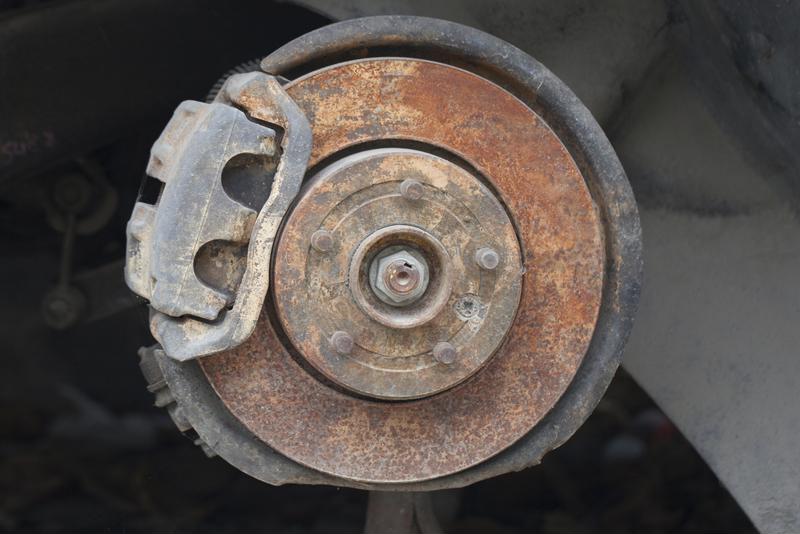

Around the world, many companies have seen their production and development efforts stymied by the novel coronavirus pandemic. Supply chains all but dried up for weeks in the first few months to start the year, and many factories and testing facilities had to close to respect social distancing and safe practices to stem the spread of the virus.
However, some companies have been able to weather the storm and continue pushing out new products and technologies when it comes to brakes, according to Aftermarket News. One such business, APC Technologies, notes that it released 654 new components to be used in brakes over the course of last year - and was still, despite the pandemic, able to launch more than 150 new brake-related offerings through the end of April. The company was on a similar pace when it comes to emissions components.

Understanding the situation
That's certainly a setback in terms of the company's development pace to start the year, but it's nonetheless a strong rate, the report said. The components this manufacturer created include those related to brake pads, drum and rotor parts, calipers and more. This is thanks in large part to the use of technology that allowed development teams to continue collaborating even as they were physically kept apart.
Exciting developments
At the same time, one of the world's leading high-performance auto manufacturers - Porsche - recently developed a new braking technology for high-performance vehicles, according to MSN Autos. First announced in 2017, the company's Porsche Surface Coated Brakes are designed to have more stopping power and last 30% longer than their predecessors, thanks to a microscopically thin layer of tungsten carbide.
Not only do the brakes work more effectively, they also produce no brake dust, an all too common problem for high-performance vehicles, the report said. However, these brakes cost more than 4.5 times as much as traditional options, with a price tag of about $11,000. The good news, however, is that they offer a great middle ground between iron brakes and the extremely expensive carbon-ceramic options that can cost more than $30,000 each, albeit with slightly diminished capabilities, comparatively.
With all this in mind, the braking industry seems as though it was able to effectively weather the early stages of the coronavirus pandemic. While the situation is certainly fluid these days, and it's difficult to predict how or when new developments may impact the industry, early returns have largely been positive, given the situation, and could continue on a strong course for some time to come.
Greening Testing Laboratories is a fully certified brake testing lab that provides a variety of brake testing services worldwide. Contact Greening Associates for a complimentary consultation.